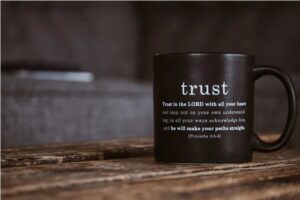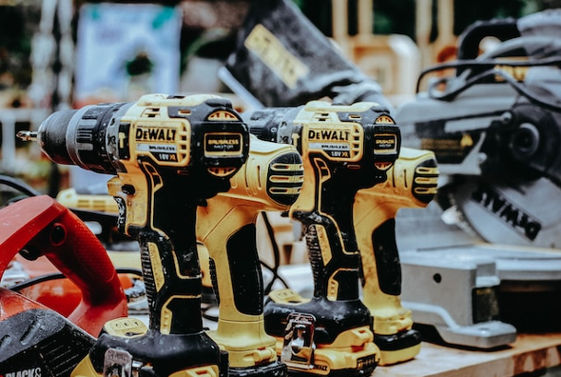The Impact of Custom Coffee Cups
Marketing strategies are constantly evolving that is why it’s crucial for businesses, organizations, and even religious institutions to find unique and effective ways to promote their message. One powerful tool that has gained significant attention is custom coffee cups. By leveraging the popularity of coffee and the ubiquitous nature of coffee shops, custom cups offer a tangible and memorable way to engage with your audience. In this article, we will explore how custom coffee cups can be harnessed to promote your faith and share your divine message with the world.
The Art of Customization: Standing Out from the Crowd
Creating a Captivating Design
The key to a successful custom coffee cup campaign lies in the design. Your cup should reflect the essence of your faith and captivate the attention of onlookers. By incorporating relevant symbols, inspirational quotes, and visually appealing artwork, you can create a design that not only represents your faith but also sparks curiosity and conversation. Remember, an eye-catching cup has the potential to become a walking billboard for your beliefs.
Embracing High-Quality Materials
To leave a lasting impression, it’s essential to prioritize the quality of your custom coffee cups. Choose materials that are durable, eco-friendly, and safe for use. Investing in high-quality cups demonstrates your commitment to excellence and ensures that your message is delivered in the best possible way. When people feel the quality of your cups, they will associate it with the caliber of your faith.
Spreading the Divine Message: Coffee Shops as Catalysts
Collaborating with Local Coffee Shops
Coffee shops have become modern-day gathering places where people from all walks of life come together. By partnering with local coffee shops, you can extend your reach and make a meaningful impact on individuals who may not have encountered your faith otherwise. Work with coffee shop owners to feature your custom cups in their establishment. This strategic collaboration will allow your message to reach a diverse audience while creating a positive association between your faith and the coffee shop experience.
Hosting Faith-Focused Events
Organizing faith-focused events in coffee shops can be a fantastic way to create a sense of community and engage with individuals interested in exploring spirituality. Consider hosting open mic nights, poetry readings, or book clubs centered around religious themes. By incorporating your custom cups into these events, you provide attendees with a tangible reminder of their experience and an invitation to dive deeper into their faith journey.
Amplifying Your Reach: Online and Beyond
Social Media Engagement
Social media is an invaluable tool for amplifying your message and reaching a wider audience. Create captivating visuals featuring your custom cups and share them across various social media platforms. Encourage your followers to share their own experiences using your cups, fostering a sense of community and virality. By combining the power of custom cups with social media engagement, you can create a ripple effect of inspiration and curiosity.
Online Store and E-commerce
To further expand your reach and provide a convenient way for individuals to connect with your faith, consider setting up an online store or e-commerce platform. Offer your custom coffee cups as merchandise, along with additional products or resources related to your faith. This online presence allows individuals from different geographic locations to engage with your message, strengthening the impact of your promotional efforts.
Explore more about spirituality by reading this article : Exploring the Depths of Spirituality
Conclusion: Embracing the Divine Potential
Custom coffee cups present an innovative and effective way to promote your faith in a world where attention is fleeting. By harnessing the power of captivating design, collaborating with local coffee shops, leveraging online platforms, and fostering social media engagement, you can amplify your message and leave a lasting impression on those who encounter your cups. Remember, each sip from a custom cup holds the potential to inspire, ignite curiosity, and ultimately, connect individuals with the divine.




